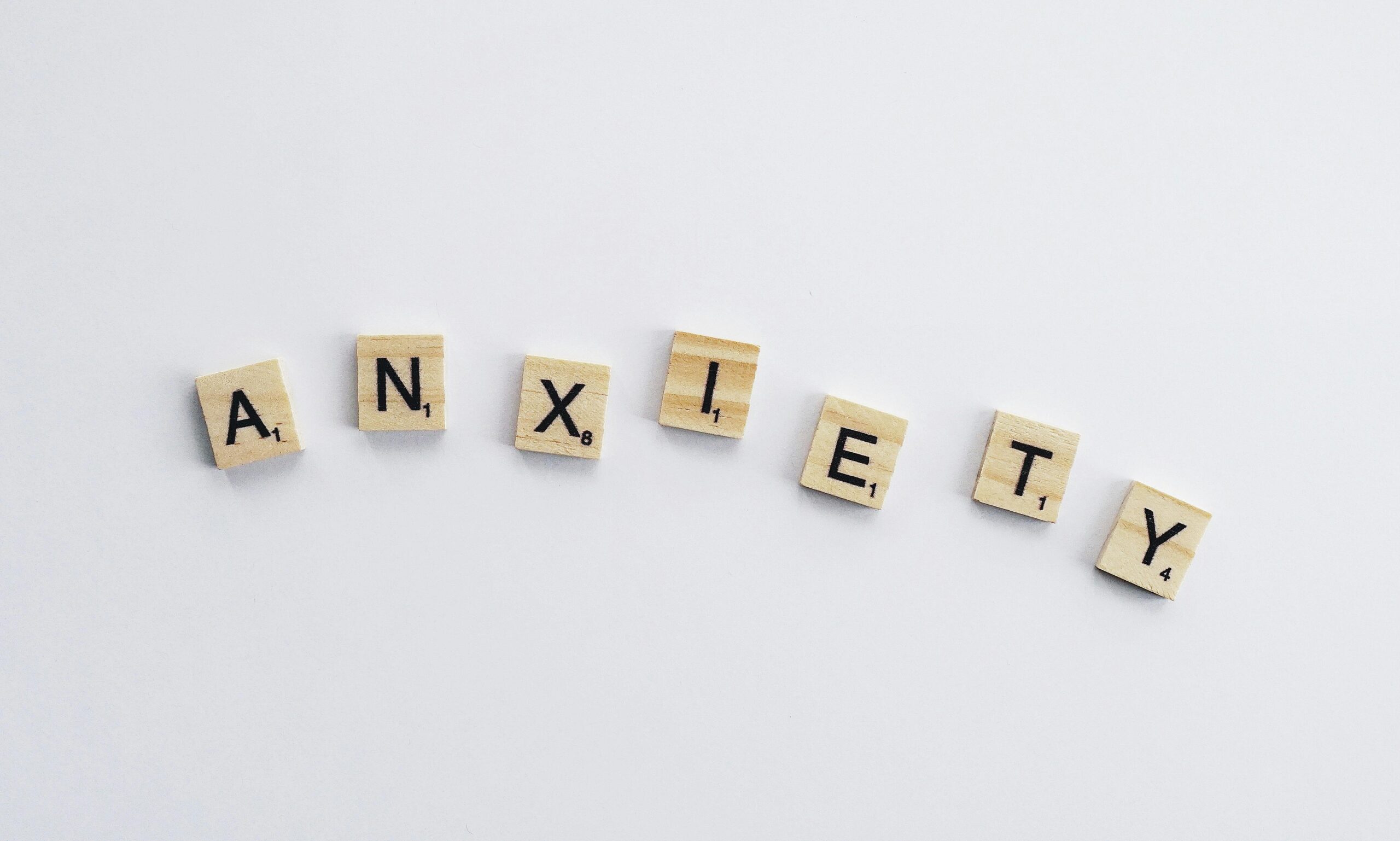INTRODUCTION
Truth of Mental Health
Mental health is an important topic these days, but still there is not much awareness about it in India. According to the National Mental Health Survey, 14% of people are suffering from some of these disorder, but only a few people take professional help. People are afraid of going to a therapist or psychiatrist because society considers mental illness a “weakness” or a “shameful thing”. But is this right? Absolutely not! In this blog we will talk about mental health challenges, stigma and how we can increase awareness in India.

Reality of Mental Health in INDIA
Lack of Awareness – Many people consider issues like depression, anxiety, bipolar disorder as just “mood swings” or “overthinking”.
✔ Lack of Mental Health Professional – In India there is only 1 psychiatrist for every 1 lakh people! (According to WHO)
✔Treatment Gap – 80% of people who have mental health issues are not able to get proper treatment.
✔ Financial Issues – Therapy and medication can be quite expensive, and insurance also does not cover mental health.
✔ Rural vs Urban Divide – Mental health awareness is increasing in cities, but people in villages still do not take it seriously.
Why stigma on mental health
Cultural Thinking – Mental health is considered a “Western concept”. People say *”This did not happen to us before.”
💭 Fear and Hiding – “What will people say?” thinking this, people are afraid of taking therapy.
💭 Role of Family & Society – In Indian families, anxiety and depression are considered as “naughty” or “excuse”.
💭 Gender Bias – Men are taught that “men don’t feel pain,” and women ignore their mental health because they are expected to manage every situation.

Mental Health challenges in different groups
Students & Youth: Pressure of exams, career stress and impact of social media. In today’s time, competition has increased so much that every student wants to be a “topper”, which triggers anxiety and depression.
💼 Working Professionals: Long working hours, toxic work culture and burnout. “Hustle culture” is promoted in Corporates, in which work-life balance is not given attention.
🏡 Rural Areas: Lack of mental health facilities and lack of awareness. In villages, people even consider depression as “ghost” or “magic”.
👵 Elderly Population: Senior citizens in India often face loneliness and depression, but no one pays attention to it.
How to increase Mental Health Awareness in India?
📌 Government Initiatives – Policies like *Mental Healthcare Act 2017* and *Ayushman Bharat* have been made to support mental health, but their proper implementation is a must.
📌 Education & Awareness – Mental health education should be included in schools and colleges. If children are taught emotional intelligence and stress management from childhood, then problems in the future can be reduced.
📌 Workplace Mental Health – Companies should give priority to employee well-being. It is important to provide stress-free environment and mental health leaves.
📌 Role of Social Media– Influencers and celebrities should help in increasing mental health awareness.
📌 Affordable Therapy Services – NGOs and government together should provide affordable mental health care.
📌 Community Support Groups– There should be such platforms where people can openly share their emotions without any judgment.
Where will you get help for Mental Health?
If you or someone you know is facing mental health issues, then use these resources:
📞 Vandrevala Foundation Helpline: 1860 266 2345
📞 i Call: +91 9152987821
📞 Snehi Helpline: 91-9582208181
📞 NIMHANS (Bangalore) Helpline: 080-46110007
Real life cases and stories
Amit, a 21 year old student – who was preparing for competitive exams in a big city. Parental pressure, self-doubt, and fear of failure became the reason for his anxiety and insomnia. After taking therapy, she learnt that it is important to take mental health seriously.
👩💼 Neha, a working professional – who worked in an MNC, but went into depression due to toxic boss and workload. When she spoke to HR in her office, she did not get any help. This is an example that workplaces need to be serious about mental health.
Mental health is as important as physical health. There is only one way to break stigma – talking! Problems are not solved by hiding, but they are definitely solved by understanding and accepting them. If we treat mental health as a “normal” thing, then many people who are silent can come forward to get help.
If you find this blog helpful, please share it and help spread mental health awareness! 💙





